In full swing for several years now, internal investigations and negotiated justice procedures place companies in delicate situations where their reputation is sometimes threatened. Explanations with Charles-Henri Boeringer and Alice Dunoyer de Segonzac, criminal lawyers at Clifford Chance.
Envestigations internal : always be prepared to communicate
Internal investigations are governed by flexible legal rules which may vary according to the context (i.e., following an internal report, as part of a joint criminal investigation, etc.) but, in all cases, " the confidentiality of investigationsmust always prevail ", stresses Charles-Henri Boeringer. So what should be done in the event of a leak? This principle of confidentiality should not prevent companies from being prepared to communicate both internally and externally," explains Alice Dunoyer de Segonzac, " because the risk of a leak is real, and we must always be prepared ". The investigating company must therefore anticipate its communications, which should generally remain " reactive " and, of course, respect the fundamental principles of presumption of innocence and adversarial process. Beyond the law, there is the question of whether or not to communicate certain elements. "Charles-Henri Boeringer points out : "There is no rule against saying that an internal investigation is underway , but the company must ask itself whether it is strategicallyopportune to disclose this information to the authorities. Ultimately, any communication about an internal investigation in progress must be carefully considered by the company, in the light of the law and its overall strategy.
Negotiated justice: positive communication is possible
As Alice Dunoyer de Segonzac explains, "since theapproval of a CJIP is the subject of a publichearing, the company must prepare an effective communication strategy, especially when it is listed and subject to disclosure obligations ". However, as Charles-Henri Boeringer reminds us, " the approval of a CJIP can be presented as a positive result by the company: it's the sign that the company haslooked the problem in the face, dealt with it and that it belongs to the past". The proof? As far as listed companies are concerned, our experience shows that the approval of a CJIP has no significant impact on the share price," adds the lawyer. " This information seems to be perceived as a problem that has been solved , thus putting an end to uncertainty". How can this be achieved? While accepting certain past mistakes, the company can communicate "positively" on this procedure, insisting on its sincere cooperation with the justice system, the effectiveness of its handling of the problem and the reinforcement of its compliance program. Finally, the company's communications must be tailored to each of its stakeholders: the general public, strategic partners (distributors, suppliers, etc.), the market (in the case of listed companies), as well as internal staff, for whom the educational effort will be decisive in turning the page.
Sara-Louise Boukara, David Buzonie and Guillaume Gallix
